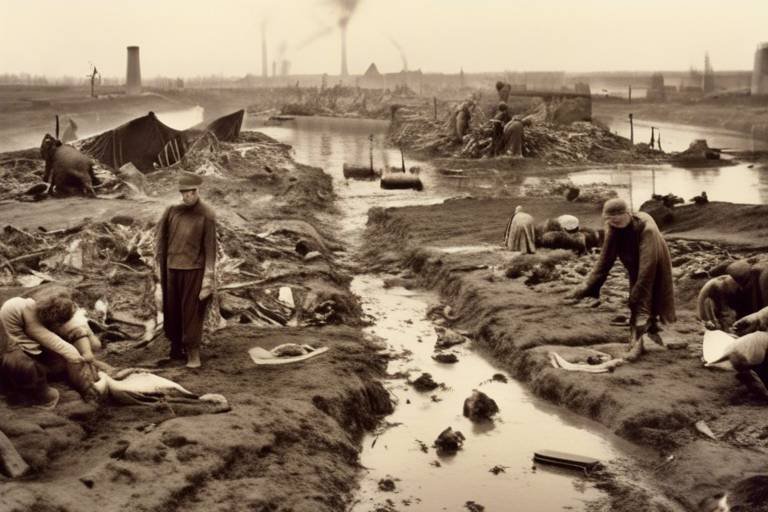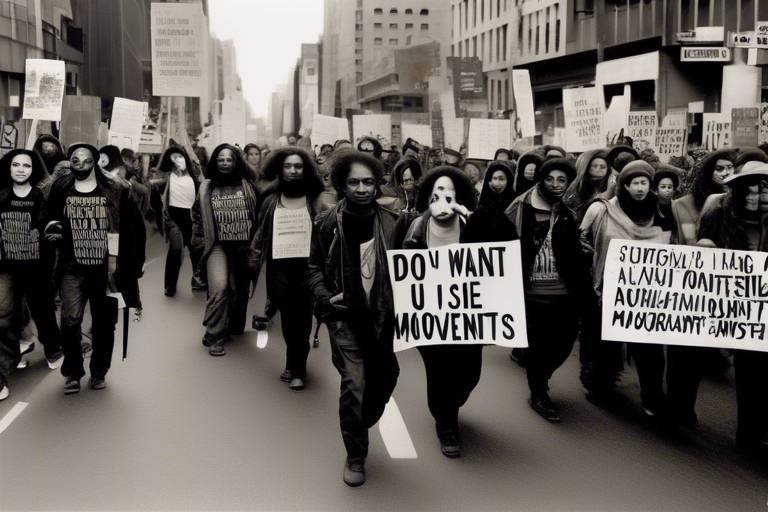The Role of Religion in the Age of Enlightenment
During the Age of Enlightenment, religion played a significant role in shaping the intellectual landscape of the era. It was a time of great philosophical and scientific advancements, where traditional beliefs intersected with emerging ideas of reason and rationality. Religious institutions held immense power and authority, influencing both societal norms and individual beliefs. The period saw a profound transformation in the relationship between religion and the evolving philosophical thought of the time.
As Enlightenment thinkers began to critique religious dogma, they challenged the established norms and practices of organized faith. Figures like Voltaire and Rousseau questioned the role of religion in society, advocating for a more critical and individualistic approach to spirituality. This period marked a shift towards questioning traditional authority and seeking a deeper understanding of the human experience beyond religious constraints.
One significant development during the Enlightenment was the rise of Deism and the concept of natural religion. These alternative forms of faith offered new perspectives on spirituality, emphasizing individual connection to a higher power and the natural world. The discourse around Deism and natural religion reshaped the religious landscape, paving the way for more inclusive and diverse interpretations of faith.
Enlightenment thinkers also championed religious tolerance and pluralism, advocating for coexistence among different religious groups. The call for acceptance of diverse beliefs and the rejection of religious persecution marked a significant departure from the rigid orthodoxy of the past. This emphasis on tolerance and understanding laid the foundation for a more inclusive and harmonious society.
However, the Enlightenment also brought about tensions between scientific discoveries and religious doctrines. The pursuit of knowledge through reason often clashed with established religious teachings, leading to debates about the compatibility of faith and scientific inquiry. Theologians and philosophers grappled with reconciling theological beliefs with rational thought, seeking to bridge the gap between faith and reason.
Today, the legacy of Enlightenment-era discussions on religion continues to influence modern society. The ideas and debates from this period have shaped our understanding of faith and spirituality, prompting ongoing reflections on the role of religion in a rapidly changing world. The Age of Enlightenment remains a pivotal moment in history where religion and reason intersected, leaving a lasting impact on how we perceive and practice faith in contemporary times.

Religious Institutions and Power
Exploring the influence of religion during the Enlightenment era, a period marked by intellectual and philosophical advancements. This article delves into how religious beliefs intersected with the scientific and rational ideas of the time.
During the Enlightenment, religious institutions held significant power and influence over society. The clergy and religious hierarchies wielded authority, shaping both spiritual beliefs and political decisions. As the Enlightenment brought forth new ideas centered around reason and individual rights, religious institutions faced challenges in adapting to the changing intellectual landscape. How did the established power structures of religious institutions interact with the emerging philosophies of the Enlightenment?
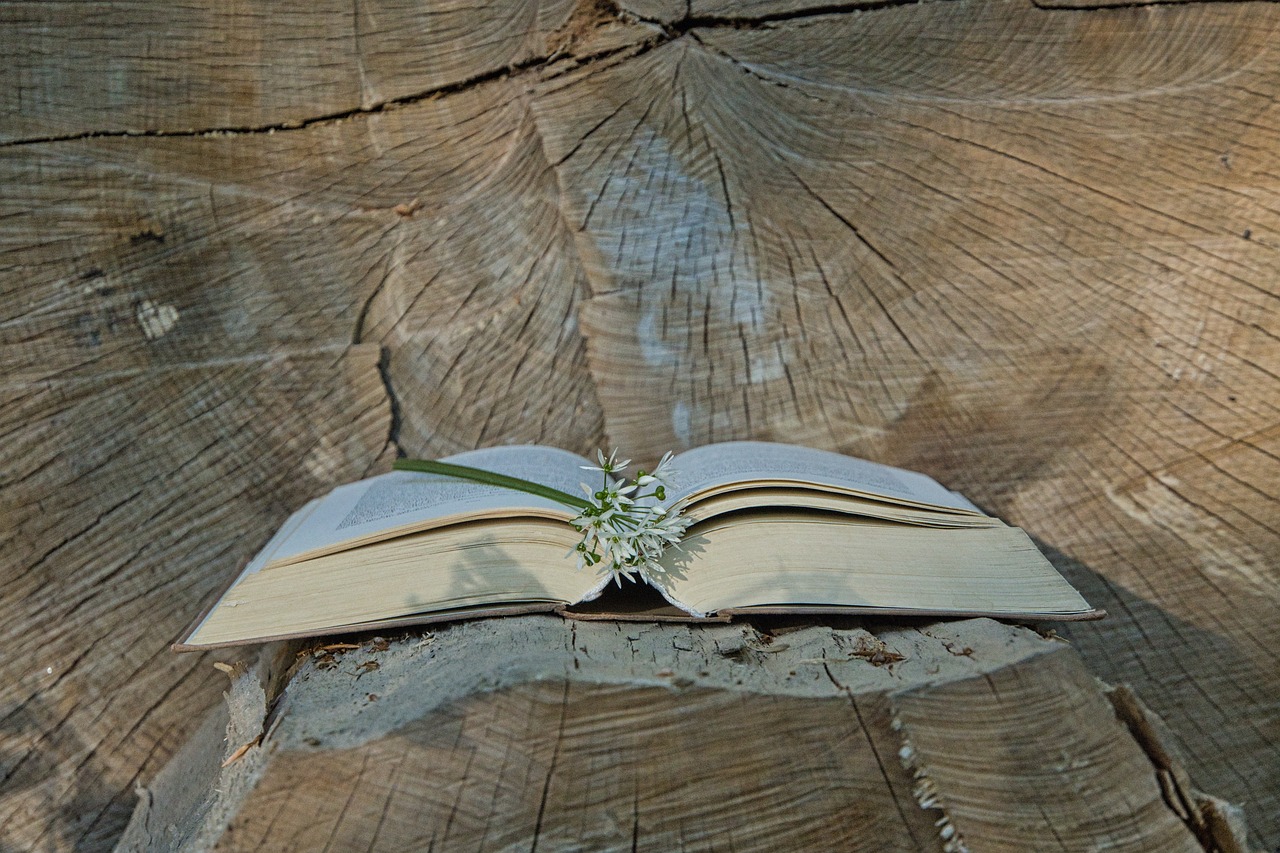
Philosophical Critiques of Religious Dogma
During the Enlightenment era, prominent philosophers such as Voltaire and Rousseau spearheaded a wave of philosophical critiques aimed at challenging the entrenched dogmas of organized religion. These thinkers questioned the unquestionable, daring to challenge the traditional beliefs and practices upheld by religious institutions. Their intellectual swords clashed with the shields of religious authority, sparking debates that reverberated throughout society.
Voltaire, known for his sharp wit and biting satire, took aim at the hypocrisy and corruption within the Catholic Church. Through his writings, he exposed the flaws and inconsistencies in religious dogma, advocating for a more rational and tolerant approach to faith. Rousseau, on the other hand, delved into the social implications of religious doctrines, questioning the role of religion in shaping moral values and societal norms.
These philosophical critiques of religious dogma were not merely academic exercises but powerful calls for reform and introspection. They challenged the status quo, urging individuals to think critically about their beliefs and the authority structures that governed their spiritual lives. The Enlightenment thinkers sought to liberate minds shackled by dogmatic thinking, promoting a more enlightened and rational approach to faith.
As the echoes of their dissent reverberated across Europe, traditional religious hierarchies found themselves under increasing scrutiny. The once unassailable pillars of faith were now subject to relentless questioning and skepticism, forcing religious institutions to adapt or risk irrelevance. The Enlightenment era marked a turning point in the history of religious thought, paving the way for new ideas and perspectives to flourish.
Through their philosophical critiques, Voltaire, Rousseau, and their contemporaries ignited a spark that would eventually ignite the flames of revolution, both intellectual and societal. Their words were like dynamite, shattering the foundations of blind faith and superstition, clearing the path for a more enlightened and tolerant future.

Deism and Natural Religion
During the Enlightenment era, the rise of Deism and the concept of natural religion presented alternative perspectives to traditional organized faith. Deism, a philosophical position that acknowledges the existence of a higher power or creator, emphasized the importance of reason and observation in understanding the divine. This contrasted with traditional religious doctrines that relied heavily on revelation and sacred texts.
Natural religion, on the other hand, focused on the inherent moral and spiritual truths present in the natural world, advocating for a more intuitive and experiential approach to spirituality. Proponents of natural religion believed that one could discern the existence of God through the study of nature and the observation of the universe's order and beauty.
Deism and natural religion challenged the dogmas and rituals of organized religions, advocating for a more personal and rational connection to the divine. These ideas were instrumental in shaping the religious discourse of the Enlightenment, fostering a spirit of intellectual inquiry and critical reflection on traditional beliefs.
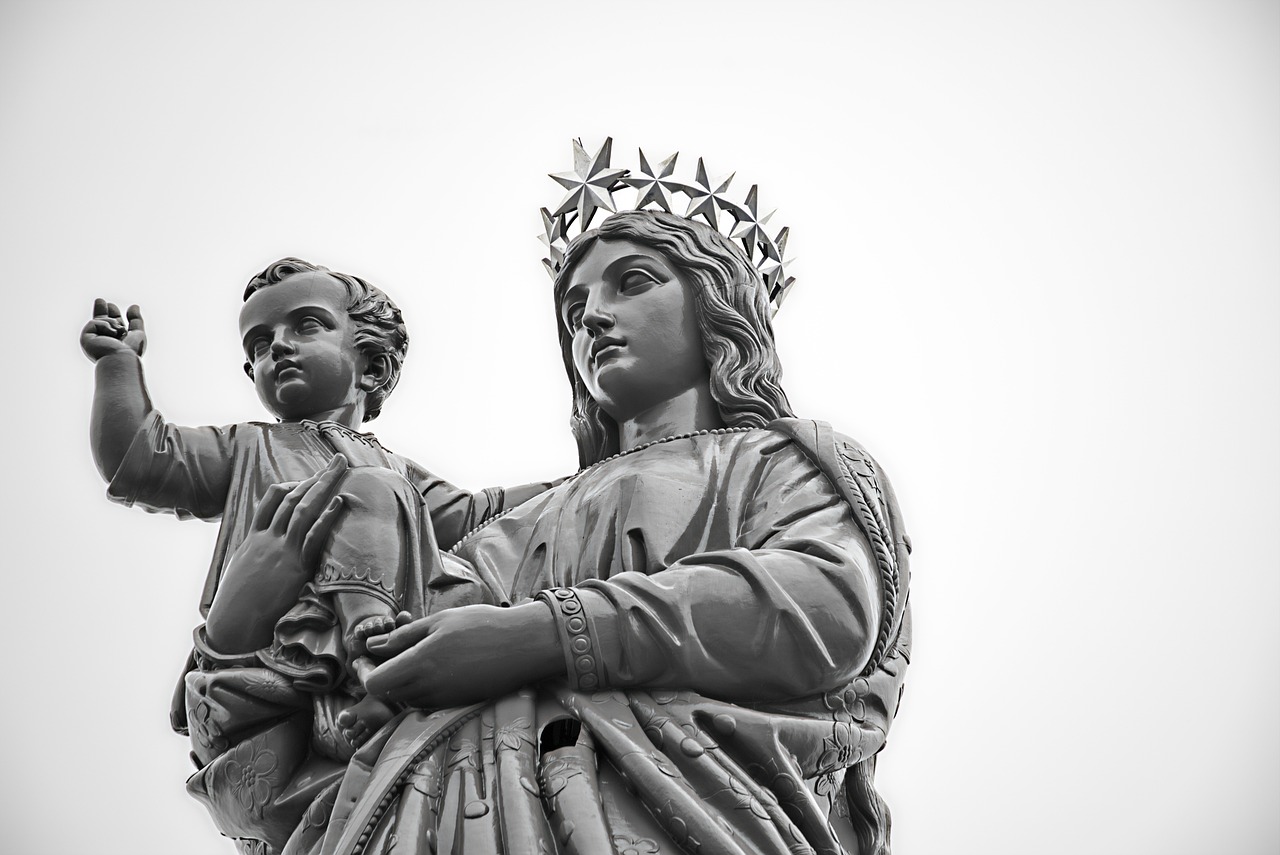
Religious Tolerance and Pluralism
During the Age of Enlightenment, the concept of emerged as a significant topic of discussion among intellectuals and philosophers. This period witnessed a shift towards embracing diversity in religious beliefs and practices, challenging the prevailing notion of religious exclusivity.
Enlightenment thinkers advocated for the acceptance of various religious perspectives, emphasizing the importance of mutual respect and understanding among different faith traditions. Rather than promoting one dominant religion, they championed the idea of coexistence and harmony in a society composed of diverse religious communities.
One of the key proponents of religious tolerance during this era was Voltaire, who famously argued for freedom of religion and expression. His writings and advocacy for religious pluralism laid the groundwork for a more inclusive approach to spirituality and belief systems.
Moreover, the Enlightenment era saw the rise of discussions on the rights of individuals to practice their own faith without fear of persecution or discrimination. This emphasis on religious freedom paved the way for the recognition of religious diversity as a fundamental aspect of a progressive and enlightened society.
Thinkers of the time recognized that embracing religious pluralism was essential for fostering a climate of intellectual exchange and cultural enrichment. By promoting tolerance and respect for different religious viewpoints, they aimed to create a more harmonious and inclusive social fabric where individuals could freely express their beliefs without facing censure or intolerance.
In essence, the discourse on religious tolerance and pluralism during the Enlightenment reflected a broader commitment to upholding the principles of liberty, equality, and fraternity in a world characterized by diverse religious traditions and practices.

Impact on Religious Authority
During the Age of Enlightenment, the traditional authority of religious institutions and clergy faced significant challenges as intellectual and philosophical advancements reshaped societal norms. The once unquestioned power wielded by religious hierarchies began to be scrutinized and questioned, leading to a shift in the dynamics of faith and belief.
Enlightenment thinkers, influenced by the ideals of reason and empirical evidence, questioned the absolute authority claimed by religious institutions. The emergence of new ideas and philosophies that prioritized individual reasoning and critical thinking posed a direct challenge to the established religious dogma that had long dictated societal norms.
As the Enlightenment encouraged a more rational and scientific approach to understanding the world, the authority of religious figures was increasingly called into question. The emphasis on empirical evidence and logical reasoning undermined the traditional sources of religious authority, leading to a reevaluation of the role of faith in shaping individual beliefs and societal structures.
Furthermore, the Enlightenment's emphasis on individual autonomy and freedom of thought challenged the hierarchical structures of religious institutions. The call for religious tolerance and acceptance of diverse beliefs highlighted the need for coexistence and mutual respect among different religious groups, further eroding the monopoly of power held by established religious authorities.
Overall, the impact of the Enlightenment on religious authority was profound, ushering in an era of questioning, reflection, and redefinition of the role that religion played in society. The legacy of this period continues to influence contemporary discussions on faith, spirituality, and the relationship between religious institutions and individual autonomy.
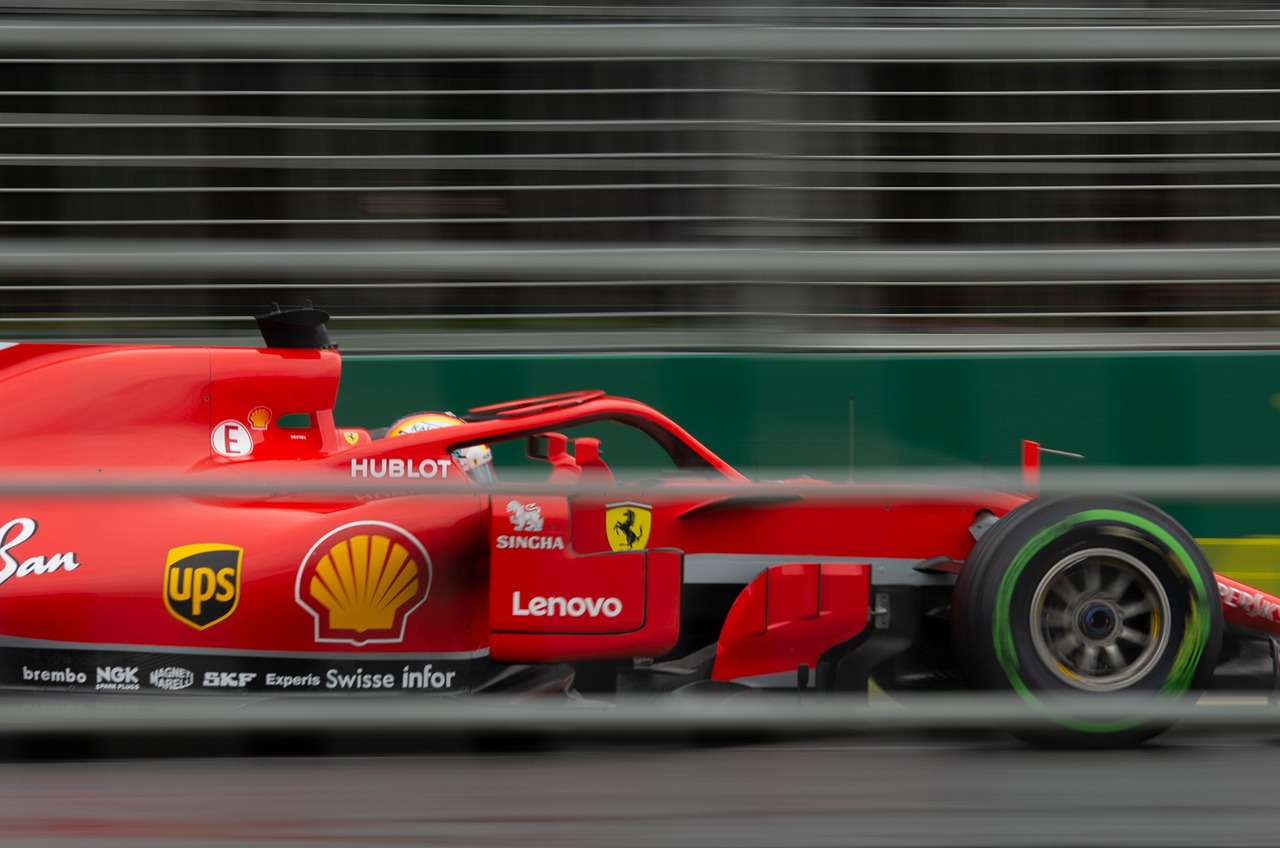
Science vs. Religion
Exploring the influence of religion during the Enlightenment era, a period marked by intellectual and philosophical advancements. This article delves into how religious beliefs intersected with the scientific and rational ideas of the time.
Examining the authority wielded by religious institutions and their interactions with emerging Enlightenment philosophies. How did religious hierarchies adapt to the changing intellectual landscape of the era?
Investigating the Enlightenment thinkers' challenges to traditional religious beliefs and practices. Explore how philosophers like Voltaire and Rousseau questioned the role of organized religion in society.
Discussing the rise of Deism and the concept of natural religion as alternatives to traditional forms of organized faith. How did these ideas shape the religious discourse of the Enlightenment?
Exploring the calls for religious tolerance and acceptance of diverse beliefs during the Enlightenment. How did thinkers advocate for coexistence among different religious groups in society?
Analyzing how the Enlightenment challenged the traditional authority of religious institutions and clergy. What were the repercussions of this shift in power dynamics within the realm of faith?
Examining the tensions between scientific discoveries and religious doctrines during the Enlightenment. How did the pursuit of knowledge through reason clash with established religious teachings?
Exploring the efforts to reconcile theological beliefs with rational thought during the Enlightenment. How did theologians and philosophers navigate the complexities of faith and reason?
Reflecting on the enduring impact of Enlightenment-era discussions on religion in contemporary times. How have the ideas and debates from this period shaped our understanding of faith and spirituality today?

Theology and Rationalism
During the Enlightenment, the relationship between theology and rationalism underwent significant scrutiny and reevaluation. The prevailing notion of rationalism, emphasizing reason and empirical evidence, clashed with traditional theological beliefs rooted in faith and divine revelation. This clash gave rise to a profound intellectual discourse that sought to reconcile the seemingly disparate realms of faith and reason.
Enlightenment thinkers grappled with the challenge of harmonizing theological doctrines with the principles of rational thought. The emergence of scientific discoveries and advancements in fields such as physics and astronomy posed a direct challenge to the religious cosmology of the time. Philosophers and theologians engaged in debates on how to interpret religious texts in light of new scientific knowledge, leading to a reevaluation of traditional religious dogmas.
One key aspect of the theological debates during the Enlightenment was the questioning of supernatural phenomena and miracles. Rationalist thinkers sought natural explanations for events traditionally attributed to divine intervention, challenging the supernatural basis of religious beliefs. This shift towards a more naturalistic interpretation of the world laid the foundation for the development of modern scientific inquiry and secular thought.
Moreover, the Enlightenment era witnessed a growing emphasis on individual reason and critical thinking, encouraging individuals to question established religious authorities and dogmas. The concept of religious autonomy, where individuals could interpret religious teachings based on their own reasoning, gained traction during this period. This emphasis on personal interpretation and intellectual autonomy challenged the hierarchical structure of religious institutions and paved the way for a more pluralistic religious landscape.
Ultimately, the theological debates of the Enlightenment era laid the groundwork for a more nuanced understanding of the relationship between faith and reason. The tension between theological beliefs and rational inquiry spurred intellectual advancements and philosophical reflections that continue to shape contemporary discussions on religion and spirituality.

Legacy of Religious Thought in Modern Society
As we reflect on the legacy of religious thought in modern society, it becomes evident that the Enlightenment era has left a profound impact on our understanding of faith and spirituality today. The intellectual and philosophical advancements of that period continue to shape the way we perceive and engage with religion in contemporary times.
One of the key legacies of the Enlightenment in modern society is the emphasis on individual autonomy and critical thinking in matters of faith. The era challenged traditional religious authority and dogma, paving the way for a more diverse and inclusive approach to spirituality. This legacy can be seen in the increasing acceptance of a wide range of beliefs and practices within religious communities.
Moreover, the Enlightenment's promotion of reason and rationality has influenced how we interpret religious texts and doctrines today. Many individuals now seek to reconcile their faith with scientific knowledge and empirical evidence, reflecting the ongoing dialogue between religion and modern thought.
Additionally, the calls for religious tolerance and pluralism during the Enlightenment have had a lasting impact on interfaith relations in contemporary society. The recognition of diverse religious traditions and the promotion of mutual respect among different faith communities can be traced back to the Enlightenment thinkers who advocated for coexistence and understanding.
Furthermore, the legacy of religious thought from the Enlightenment era continues to inspire discussions on the role of religion in public life, ethics, and politics. The principles of religious freedom and separation of church and state, championed by Enlightenment philosophers, remain relevant in shaping contemporary debates on religious pluralism and secularism.
In conclusion, the legacy of religious thought from the Enlightenment era serves as a rich tapestry of ideas and debates that inform our understanding of faith and spirituality in modern society. By examining the intersections of reason, faith, and tolerance forged during that period, we can gain valuable insights into the complexities of religious belief in the present day.
Frequently Asked Questions
- What role did religion play during the Age of Enlightenment?
Religion during the Age of Enlightenment was a complex and evolving aspect of society. It intersected with intellectual and philosophical advancements, often leading to debates and challenges to traditional beliefs.
- How did Enlightenment thinkers view religious institutions?
Enlightenment thinkers often critiqued the authority wielded by religious institutions, questioning their power dynamics and interactions with emerging rational ideas. This led to calls for reform and a reevaluation of the role of organized religion in society.
- What were some key philosophical critiques of religious dogma during this era?
Philosophers like Voltaire and Rousseau offered critical perspectives on traditional religious beliefs and practices, advocating for tolerance and pluralism. Their ideas influenced the discourse on faith and spirituality, shaping modern views on religious diversity.
- How did the Enlightenment impact the relationship between science and religion?
The tensions between scientific discoveries and religious doctrines during the Enlightenment sparked debates on theology, rationalism, and the nature of knowledge. This period laid the groundwork for ongoing discussions on the compatibility of faith and reason in contemporary society.











